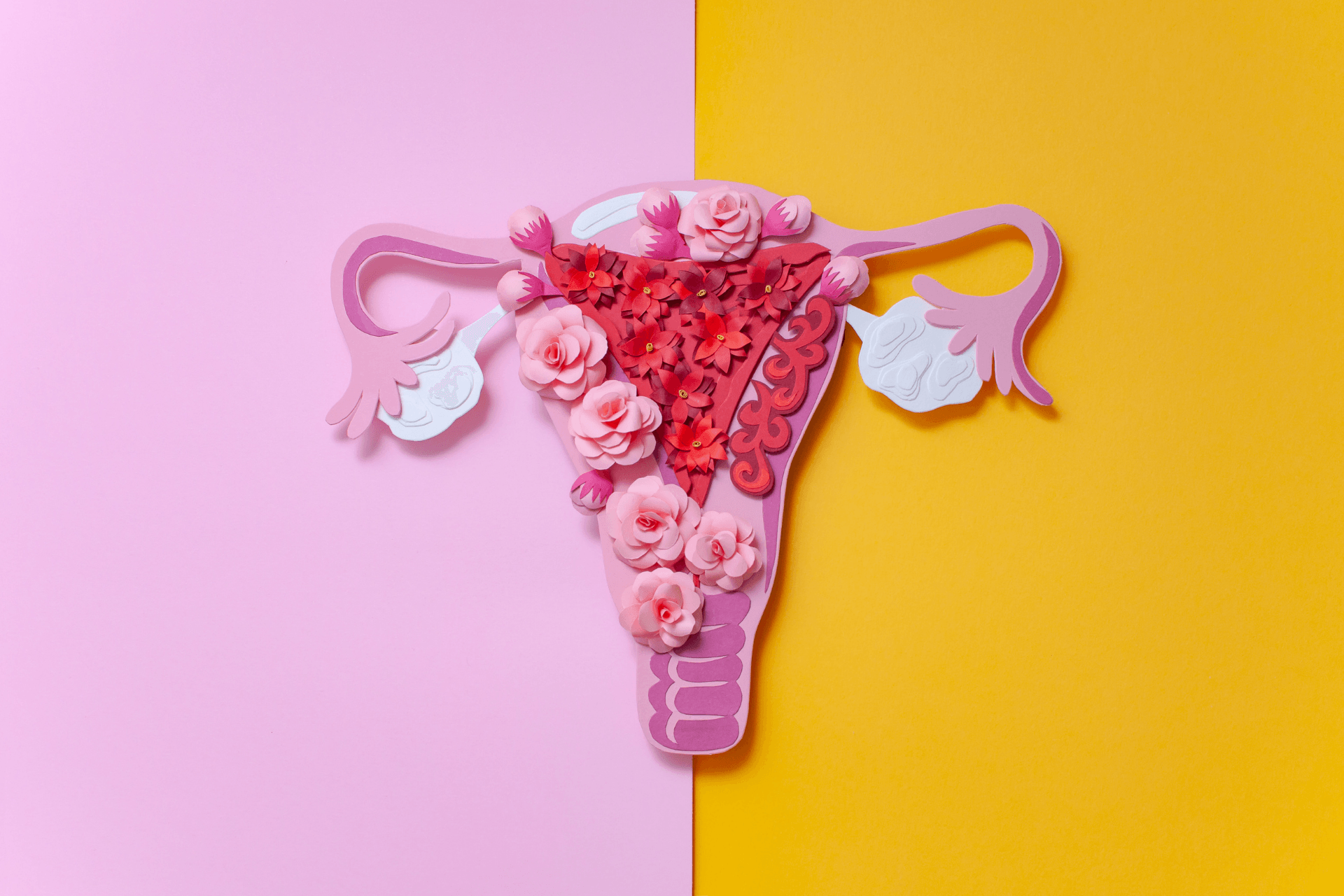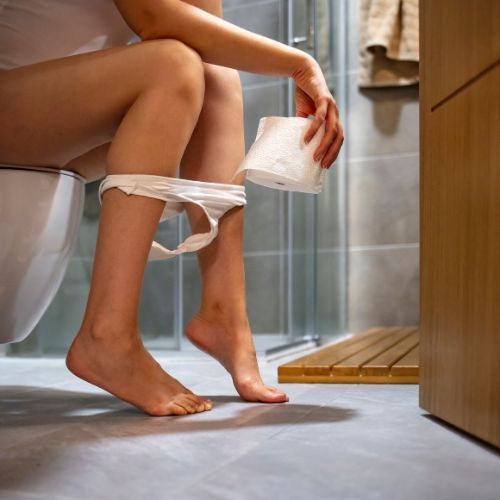
Endometriosis, or endo, is when tissues similar to the lining of the womb grow outside it in other parts of the body like the bladder and bowel.
More than 830,000 Australians have endometriosis and there is a 6.5 year delay in diagnosis for many of them.
Symptoms are variable but can include pelvic pain, issues with menstrual cycle and infertility.
Pain can vary from mild to extreme or severely debilitating and occur anywhere in the lower abdomen, bladder, lower back, pelvis, rectum and vagina.
- Pain associated with periods, but not always.
- Women often experience pain during or after sex or doing a poo.
- Heavier or irregular periods or spotting inbetween.
- Nausea, constipation and/or vomiting with severe episodes of pain.
- Pain with ovulation.
- Fatigue and sometimes depression.
- Fertility problems may also develop.
Pelvic health physiotherapy can help with endometriosis by managing your pain, especially with your menstrual cycle, intercourse, urination and bowel movements.
Support can also be found at Endometriosis Australia
More from the blog



03 9325 1511
info@pelvichealth.melbourne
ABOUT US
While you don’t talk about pelvic health every day, we do. Our team of specialised physiotherapists are highly skilled and more importantly, have the emotional intelligence to help you through whatever challenges you’re facing. Talk to us today.
ABOUT US
While you don’t talk about pelvic health every day, we do!
Our team of pelvic health therapists are passionate about helping you through whatever challenges you’re facing. Talk to us today.

We acknowledge the Traditional Owners of the land where we work and live, the Bunurong and Wurundjeri peoples of the Kulin Nation and pay our respects to Elders past and present. We celebrate the stories, culture and traditions of Aboriginal and Torres Strait Islander Elders of all communities who also work and live on this land.



